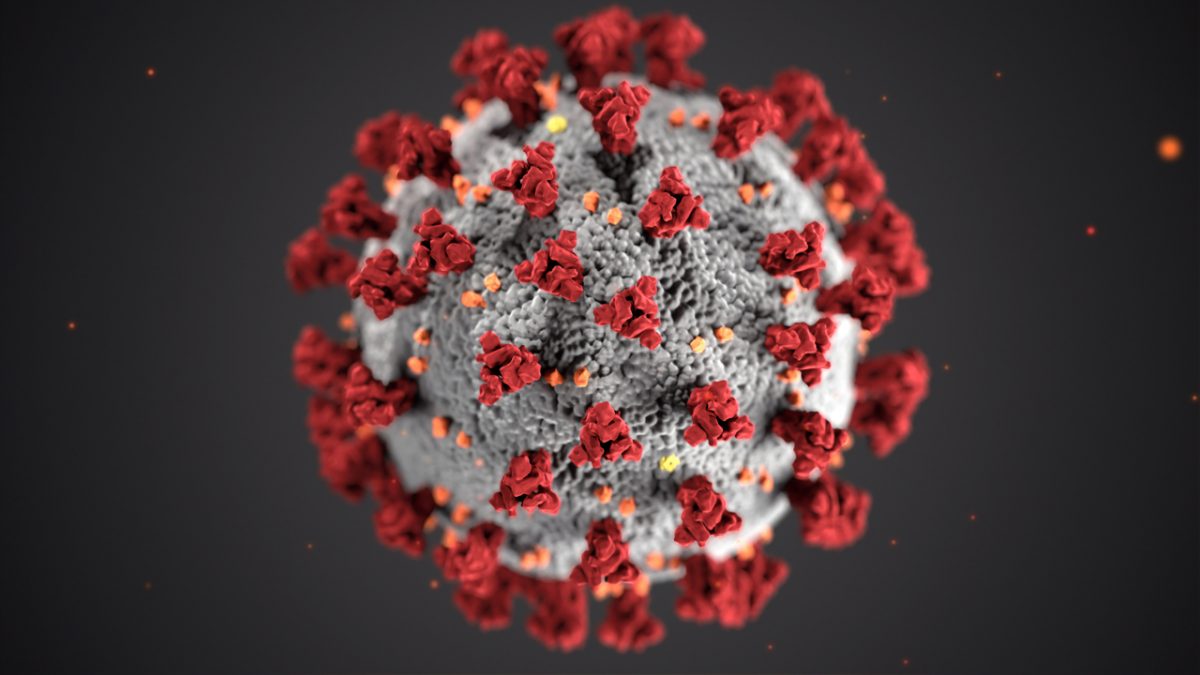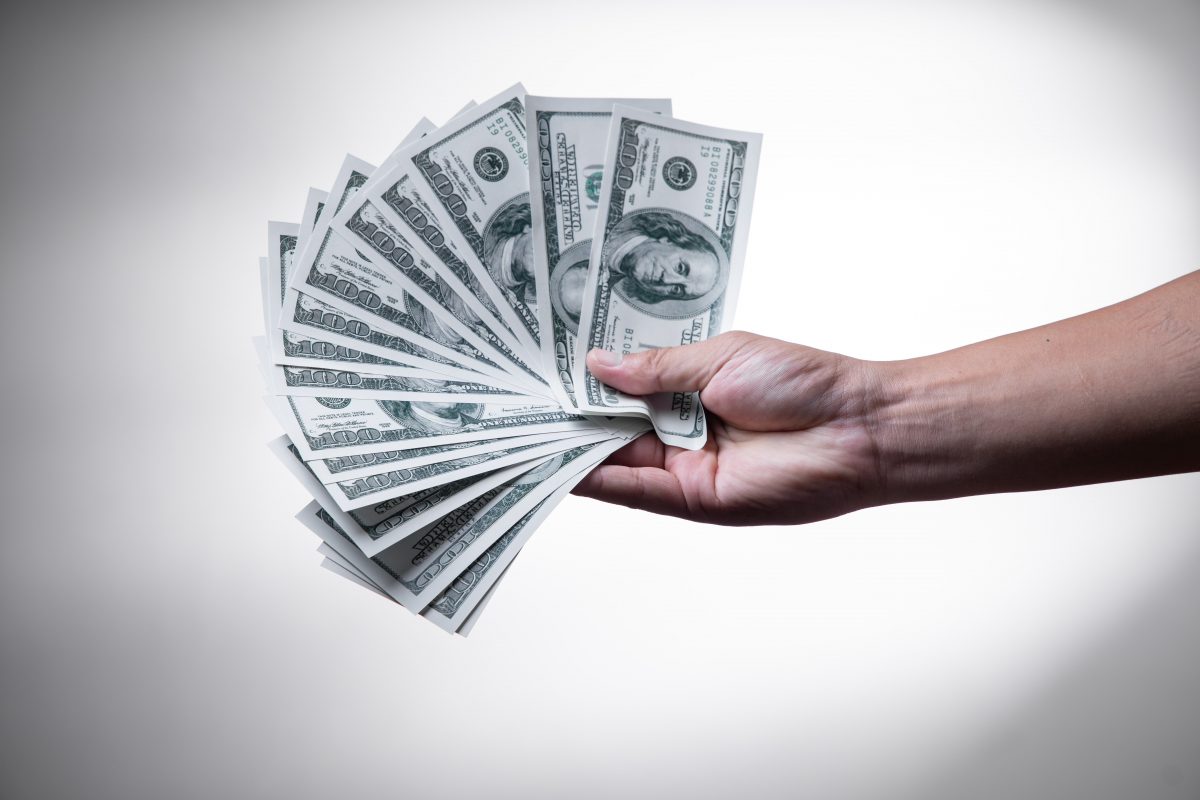Yes, it’s killing people. Yes, it’s crashing stock markets. Yes it’s destroying economies. Yes, it’s reminding everyone of the 1918 flu.
But there are positives.
Take Facebook for example. Sure Mark Zuckerberg stole the idea of Facebook from the Winklevoss twins. Sure he has used it to monopolize and monetize your personal information. And sure, there’s virtually nothing you can do about it.
But while you’re sitting alone in forced or self-imposed quarantine because of the Coronavirus, you don’t have to feel like you’re in a prison cell. You can use Facebook to communicate with your friends. You can twitter, maybe even with your President. You can connect through Instagram, Tinder, and TicTok. You can shop at numerous stores including the local grocery and connect with others in a wide variety of ways.
Compare that to being quarantined back in 1918 without computers, cell phones, and the internet. Now that was isolation.
OK, calling that a positive may be a stretch. But there are other bright spots, particularly in politics.
The President’s statements about the US having plenty of “beautiful” test kits and that anyone who wants to be tested can be, are now exposed are infantile lies.
Right now there are around 1 or 2 million Corona test kits for a population of 320 million. That’s one reason people who think they might have the virus can’t get tested by their doctor or, better yet, by an at-home test kit from the drugstore. Nope. Anyone who has cold symptoms with a high fever and a dry cough, has to first call country or state authorities for permission to be tested, then, if tests are available, be tested, which will take 48 to 72 hours, allowing plenty of time to infect others. And, many of the tests are not “beautiful”; they have produced false results.
According to Atlantic Magazine, as of 4:00 PM Monday, March 9, only 4384 people in the US have been tested. “By this point in its outbreak, South Korea had tested more than 100,000 people for the disease, and it was testing roughly 15,000 people every day. The United Kingdom, where three people have died of COVID-19, has already tested more than 24,900 people.”
What’s worse, Europe could have sold us tons of tests that did work – four months ago, in December – but our government’s policy was to refuse to buy them. Instead they took weeks just to design their own – flawed tests – and weeks more to produce them and put them to work protecting the country. So now a lot more people than might have are going to catch the virus than would have, pointing a finger directly at Trump’s policies and incompetence.
Good for Democrats; bad for Republicans.
Because health care is so expensive, many poorer people in the US will not seek it during this pandemic. They will get sick and possibly die, not to mention spreading it, increasing public pressure for a wider, less expensive healthcare system.
Good for Democrats; bad for Republicans.
Because few Americans are paid when they are on sick leave, especially in this gig economy, many are less likely to stay home and self-quarantine if they are sick, thereby spreading the disease as well as risking their own health. As a result, voters will be more interested in a candidate who supports paid sick leave.
Good for Democrats; bad for Republicans.
Because of the Trump Administration’s policies toward illegal immigrants, they are not likely to report having Coronavirus, not to mention getting medical help, guaranteeing a wider spread of it.
Good for Democrats; bad for Republicans.
The 1918 flu started discussion in England about universal health care; Churchill was one of the first proponents. Over a hundred years later, the US is still considers it anathema. But discussions about a public option and other ways to bring health insurance to those without it will certainly ramp up now.
Good for Democrats; bad for Republicans.
Unless, the President adopts the Democrats approaches and policies as his own and introduces them now, with predictable fanfare and self-aggrandizement. That might tick off the Democrats but, hey, isn’t imitation the sincerest form of flattery?




